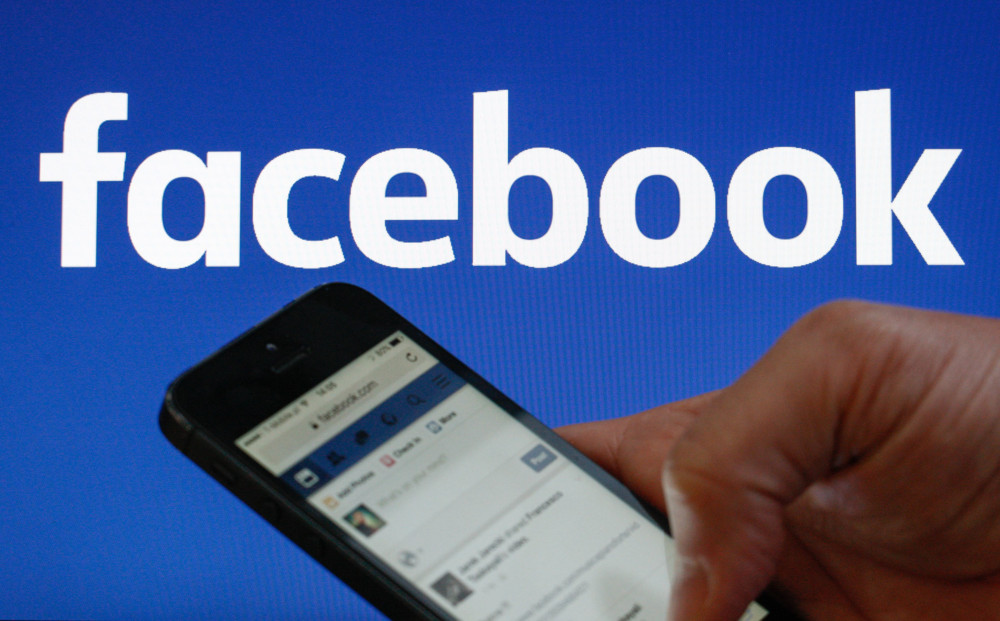By Kate Irby
McClatchy Washington Bureau
WWR Article Summary (tl;dr) The “Honest Ads Act” would regulate digital political ads in the same way as political ads on TV and the radio, requiring digital platforms to make “reasonable efforts” to ensure that foreign entities are not buying the ads to influence the American electorate.
WASHINGTON
Facebook’s Mark Zuckerberg plans Tuesday to endorse a bill that would give the government more power over political advertisements on internet platforms. But other leading tech companies and lawmakers suggest it won’t become law anytime soon.
Meanwhile, Zuckerberg can use his support for more government oversight to help defuse tension at congressional hearings Tuesday and Wednesday. The Facebook founder and chief executive officer will be the sole witness.
“Hearings make for great political theater, but passing legislation is a whole different ball game,” said Lee Drutman, a senior fellow at New America with an expertise in lobbying.
Twitter and Google have withheld public support for more government involvement.
Facebook and Twitter hired lobbyists last year that listed the Honest Ads Act under specific lobbying issues, according to public disclosure forms, but Google, Twitter and Facebook have all been focusing more lobbying on issues such as data privacy and cybersecurity.
Twitter and Google are not facing the same public image problem as Facebook and therefore don’t feel the need to bolster that image politically, Drutman said.
If the companies do start speaking more publicly on the bill or others like it, it’s likely they see it has a chance of success and want to participate in shaping the legislation.
Until then, they don’t want to get involved in Facebook’s controversies, Drutman said.
A spokeswoman for Twitter said Monday that the company had no update to the fall statement. A spokeswoman for Google did not respond to a request for comment.
Facebook’s comments in October about the legislation mirrored Google’s and Twitter’s. But with Facebook facing controversy over election issues and data privacy –– most recently over the platform improperly granting Cambridge Analytica access to the data of as many as 87 million users –– ” Zuckerberg has changed his position.
An advance copy of that testimony was released Monday by the House Committee on Energy and Commerce, where Zuckerberg will appear Wednesday. He will testify Tuesday before the Senate Judiciary and Commerce committees.
“Election interference is a problem that’s bigger than any one platform, and that’s why we support the Honest Ads Act,” Zuckerberg said. “This will help raise the bar for all political advertising online.”
The act would regulate digital political ads in the same way as political ads on TV and the radio, requiring digital platforms to make “reasonable efforts” to ensure that foreign entities are not buying the ads to influence the American electorate.
It also would require platforms with more than 50 million monthly users to retain public files of advertisements purchased by a person or group that spends more than $500 on published ads.
The bill has languished, though it’s slowly gaining more co-sponsors in the House and the Senate without any public actions or votes.
Sen. Bill Nelson, D-Fla., who met with Zuckerberg Monday, said there isn’t much Republican appetite to pass a bill in the coming months, though he talked with Zuckerberg about Facebook potentially limiting the ability of political campaigns or groups to purchase advertisements on the site.
Nelson is a co-sponsor of the bill. The Senate version has 18 Democratic sponsors and Republican sponsor, Sen. John McCain of Arizona. The House version has about an equal number of Republican and Democratic sponsors.
“My understanding is they have a three-pronged effort now to try and go out and determine who are the fake sites that would be generating fake news and then on sites that appear to be legitimate to check the veracity through third parties, checking the veracity of the message,” Nelson said. “Is that going to be enough? I don’t know the answer to that.”














































































































































































































































































































































































